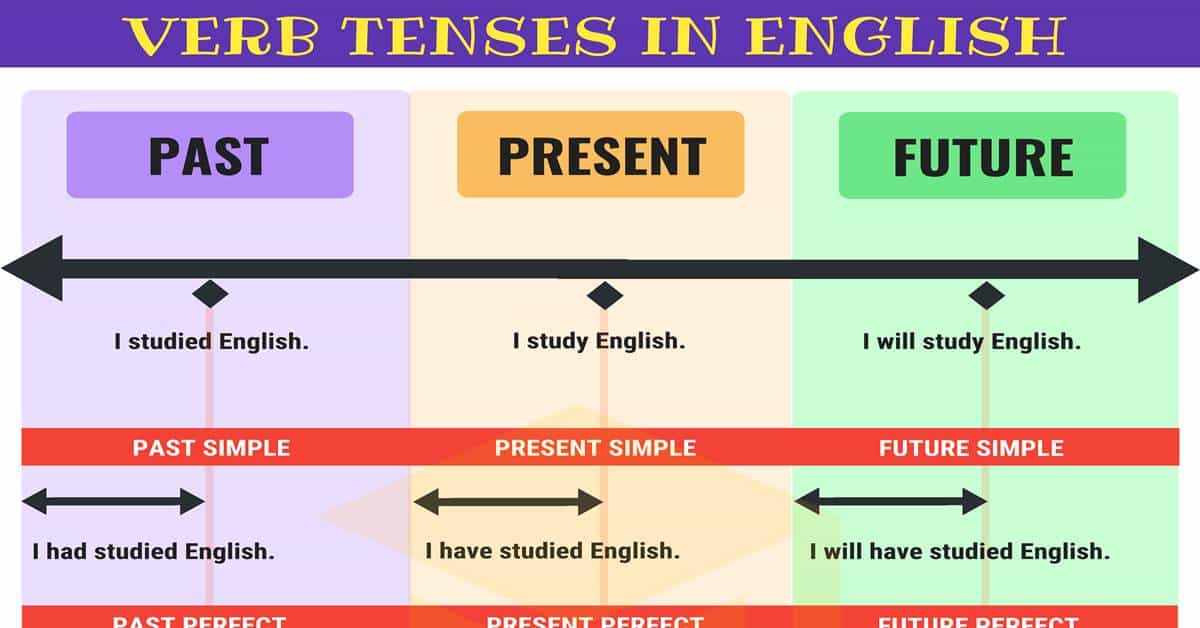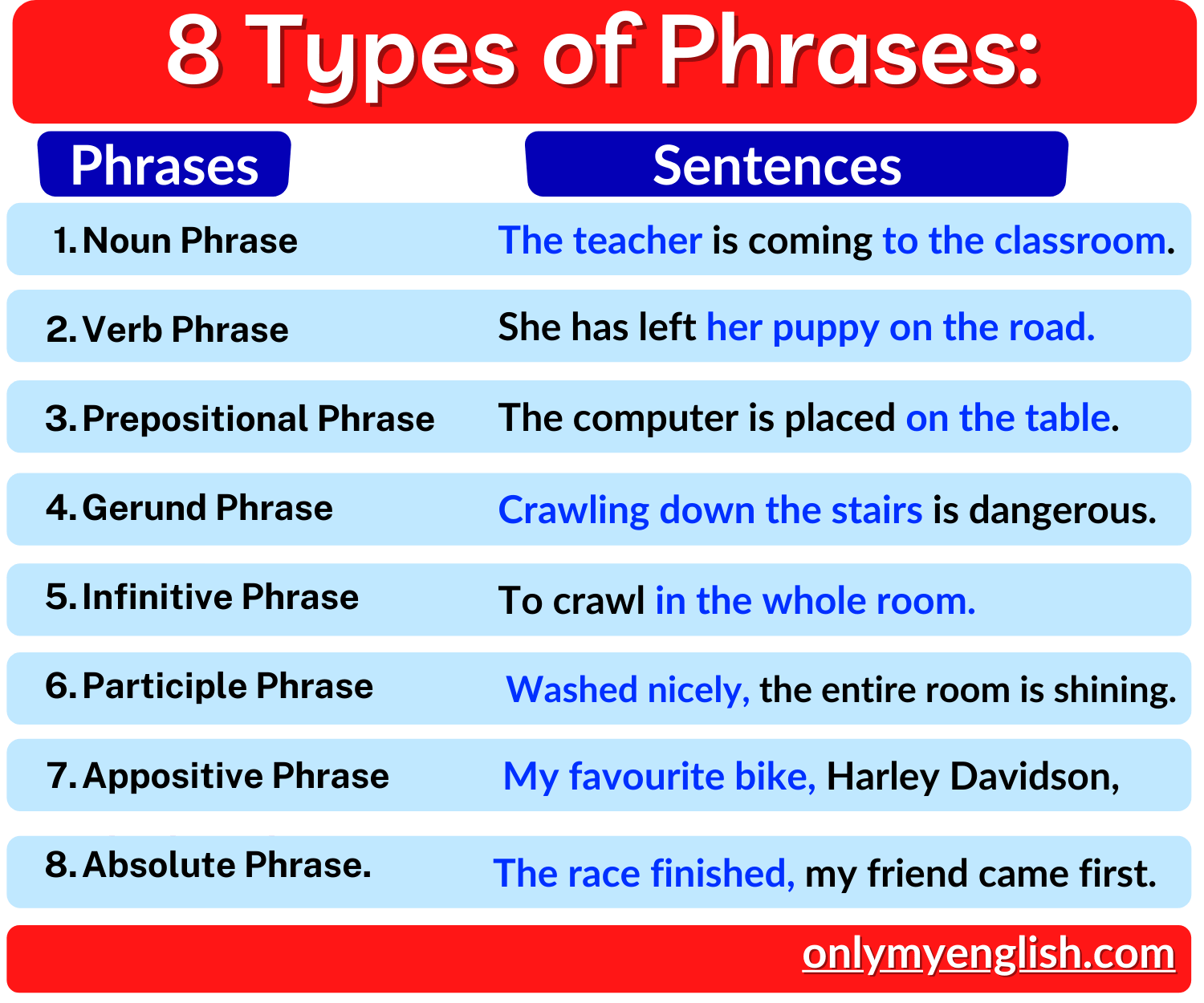Political and Diplomatic Tensions

The relationship between Iran and Israel is one of the most complex and volatile in the Middle East. The two countries have a long history of conflict, fueled by religious, ideological, and geopolitical factors. This section will delve into the intricate web of political and diplomatic tensions that characterize their interactions.
Foreign Policy Objectives, Iranian israeli
The foreign policy objectives of Iran and Israel in the region are fundamentally opposed. Iran seeks to establish itself as a regional power, promoting its Shi’a Islamic ideology and challenging the influence of the United States and its allies. Israel, on the other hand, prioritizes its security and survival, aiming to maintain its military superiority and deter any threats to its existence.
- Iran: Iran’s foreign policy objectives in the region are driven by a desire to expand its influence and promote its Islamic ideology. This includes supporting Shi’a militias in countries like Lebanon, Iraq, and Yemen, as well as opposing the presence of U.S. troops in the region. Iran also aims to develop its nuclear program, which it claims is for peaceful purposes, but which Israel and its allies view as a potential threat.
- Israel: Israel’s foreign policy objectives are focused on ensuring its security and survival. This includes maintaining its military superiority, deterring any threats to its existence, and preventing the emergence of a hostile state on its borders. Israel also seeks to maintain close ties with the United States and other Western powers, which it views as crucial to its security.
Role of International Actors
International actors, such as the United States and the European Union, have played a significant role in mediating the conflict between Iran and Israel. These actors have attempted to prevent a wider war by engaging in diplomatic efforts, imposing sanctions, and providing security guarantees.
- United States: The United States has been a key player in the conflict, providing Israel with significant military and economic support. The U.S. has also imposed sanctions on Iran in an attempt to pressure it to abandon its nuclear program and curb its regional influence. However, the U.S. has also engaged in diplomatic efforts with Iran, including the Joint Comprehensive Plan of Action (JCPOA), which aimed to limit Iran’s nuclear activities in exchange for the lifting of sanctions.
- European Union: The European Union has also been involved in mediating the conflict, seeking to promote peace and stability in the region. The EU has imposed sanctions on Iran, but it has also advocated for a diplomatic solution to the nuclear issue. The EU has also been involved in humanitarian aid efforts in the region.
Impact of Sanctions
Sanctions imposed by the United States, the European Union, and other countries have had a significant impact on both Iran and Israel. These sanctions have aimed to limit their access to financial resources, technology, and other goods and services.
- Iran: Sanctions have severely impacted Iran’s economy, leading to a decline in oil exports, a shortage of essential goods, and an increase in inflation. These sanctions have also made it difficult for Iran to develop its nuclear program and support its regional allies. However, Iran has also found ways to circumvent some sanctions, such as through barter agreements and the use of cryptocurrency.
- Israel: While Israel has not been subject to the same level of sanctions as Iran, it has faced economic challenges due to its close ties with the United States. For example, the U.S. has imposed sanctions on companies that do business with Iran, which has made it difficult for some Israeli companies to operate in certain markets.
Regional Security and Military Dynamics: Iranian Israeli

The relationship between Iran and Israel is marked by a complex web of security concerns and military posturing, rooted in historical animosity and ideological differences. Both nations view each other as existential threats, leading to a constant state of tension and a significant arms race. This section will explore the key elements of this dynamic, focusing on the threat posed by each other’s nuclear programs, the role of proxy conflicts and regional alliances, and a comparative analysis of their military capabilities.
Nuclear Programs and Perceived Threats
Iran’s nuclear program has been a major source of concern for Israel, which views it as a potential pathway to developing nuclear weapons. Israel has long maintained a policy of ambiguity regarding its own nuclear capabilities, but it is widely believed to possess a sizable nuclear arsenal. Both countries have engaged in a high-stakes game of brinkmanship, with Israel conducting airstrikes against Iranian nuclear facilities and Iran developing increasingly sophisticated nuclear technology.
“Israel will not allow Iran to acquire nuclear weapons.” – Israeli Prime Minister Benjamin Netanyahu, 2018
Iran, on the other hand, insists its nuclear program is solely for peaceful purposes, aimed at generating electricity and medical isotopes. It has condemned Israel’s nuclear arsenal as a threat to regional security and has called for the establishment of a nuclear-free zone in the Middle East.
Proxy Conflicts and Regional Alliances
The conflict between Iran and Israel extends beyond their direct confrontation. Both countries actively support proxy groups and regional allies, shaping the security landscape in the Middle East. Iran’s support for Hezbollah in Lebanon, Hamas in Gaza, and various Shia militias in Iraq has been a major source of tension with Israel. These groups have launched numerous attacks against Israel, including rocket barrages and cross-border incursions.
Israel, in turn, has forged alliances with several regional states, including Saudi Arabia, the United Arab Emirates, and Egypt. These partnerships have contributed to a shift in the regional balance of power, with Israel increasingly seeking to counter Iranian influence.
Military Capabilities
The military capabilities of Iran and Israel are vastly different, reflecting their respective strategic priorities and economic resources. Israel enjoys a significant technological advantage, possessing advanced weaponry and a highly trained military. Iran, however, has invested heavily in developing its conventional military forces, including a large standing army, ballistic missiles, and a sophisticated drone program.
| Category | Iran | Israel |
|---|---|---|
| Active Personnel | 523,000 (estimated) | 165,000 |
| Tanks | 1,650 (estimated) | 3,000 (estimated) |
| Combat Aircraft | 300 (estimated) | 350 (estimated) |
| Missiles | Ballistic missiles with ranges up to 2,000 km | Advanced cruise missiles and ballistic missiles |
| Naval Forces | Submarines, frigates, and patrol boats | Submarines, destroyers, and corvettes |
Iranian israeli – The complex relationship between Iran and Israel has been a source of tension and conflict for decades. This dynamic, often characterized by political and ideological differences, has implications for regional stability and international security. A key element of any diplomatic effort to bridge the divide is finding common ground, and one such area could be the exploration of economic cooperation.
For instance, the design and manufacturing of furniture, such as chair and table combos , could serve as a starting point for fostering dialogue and collaboration. Such initiatives, while seemingly mundane, could pave the way for broader engagement between Iran and Israel, ultimately contributing to a more peaceful and prosperous region.
The complex relationship between Iran and Israel is often characterized by political and ideological differences. While these tensions play out on the world stage, it’s important to remember that the well-being of children is paramount, regardless of national origin. Ensuring proper posture and comfort through table and chair height guidelines for children can contribute to their overall development, fostering a sense of normalcy and well-being amidst global complexities.
This focus on child development can serve as a common ground for understanding, potentially fostering dialogue and collaboration between Iran and Israel.
